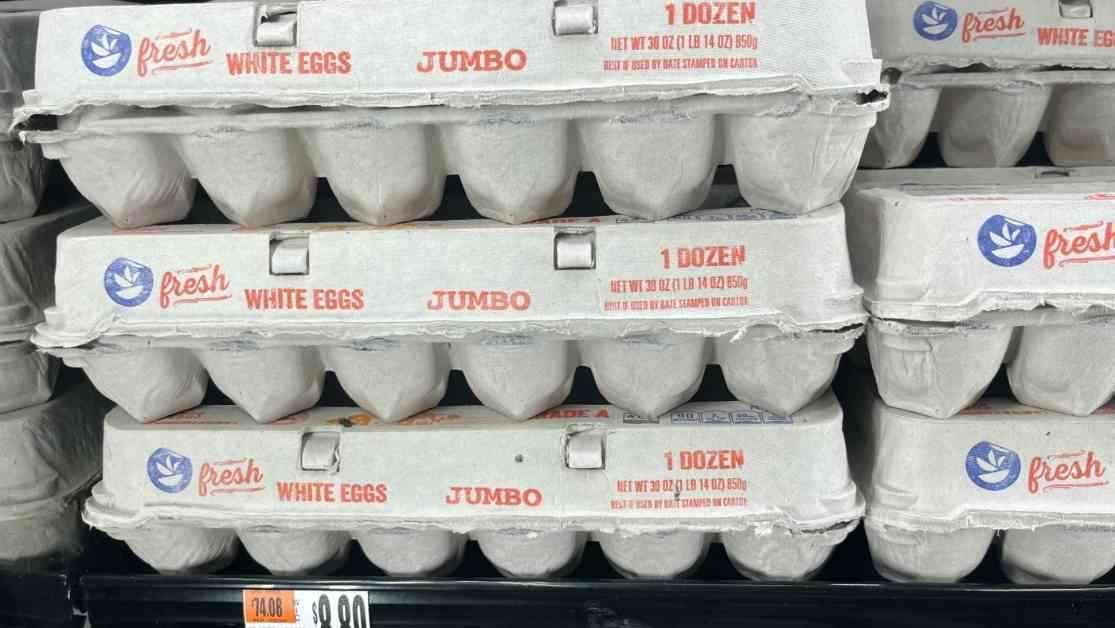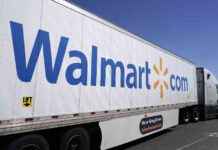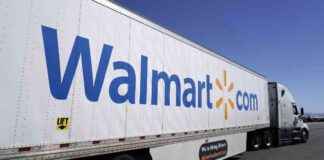The recent spike in egg prices has prompted several major retailers to enforce limits on purchases. With the ongoing avian flu outbreak causing significant disruptions to the egg supply chain, consumers are feeling the impact of these restrictions. Trader Joe’s has implemented a one to two dozen per day limit, while Kroger also enforces a two dozen per customer limit in select divisions. The rationale behind these caps is to prevent hoarding and ensure fair distribution of eggs to all customers.
Supply chain disruptions due to the avian flu outbreak, with nearly 160 million birds affected since 2022, have exacerbated the egg shortage. The U.S. Department of Agriculture reported a substantial increase in the number of birds infected in recent months, contributing to the rise in egg prices. According to USDA data, the average price of a dozen large grade A eggs surged to $4.95 in January, up from $2.52 the previous year. Experts predict that containing the disease spread remains a challenge, with the timeline for resolution uncertain.
David Anderson, a livestock and food product marketing professor at Texas A&M University, emphasized the importance of maintaining egg availability in stores to prevent empty shelves. He noted that retailers may choose to raise egg prices further if supply shortages persist, risking customer dissatisfaction and potential loss of business to competitors. John Cranfield, interim dean of the University of Guelph’s agricultural college, highlighted the logistical challenges faced by farmers in restoring egg production, citing a timeline of two to four months for recovery.
The decision to implement purchase limits stems from concerns around customer hoarding behavior. Ayelet Fishbach, a behavioral science and marketing professor at the University of Chicago, explained that hoarding is often driven by a fear of scarcity and the desire to avoid regret. T. Bettina Cornwell, a marketing professor at the University of Oregon, suggested that purchase restrictions may inadvertently exacerbate hoarding tendencies by intensifying consumer fears of scarcity. Despite the perishable nature of eggs compared to other goods, such as toilet paper during the pandemic, retailers anticipate a transient phase of hoarding behavior.
In conclusion, the ongoing challenges in the egg supply chain underscore the broader impacts of the avian flu outbreak on consumer access to essential goods. As retailers navigate the delicate balance between supply chain disruptions and consumer demand, the enforcement of purchase limits aims to ensure fair distribution and prevent hoarding. The resilience of the egg industry in the face of these challenges remains a critical concern, with experts closely monitoring developments in the coming months to assess the long-term implications of the avian flu outbreak on the market.



















